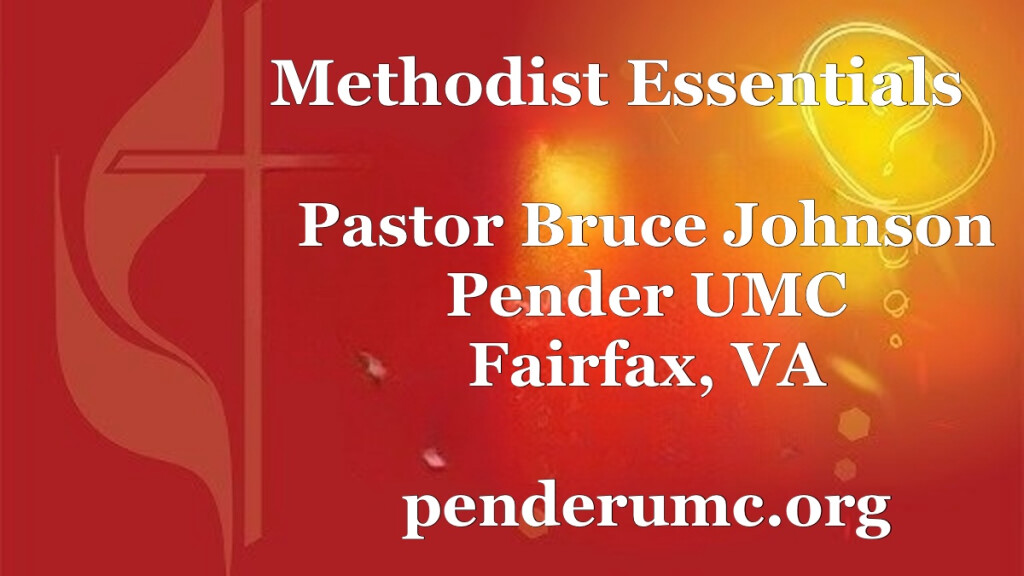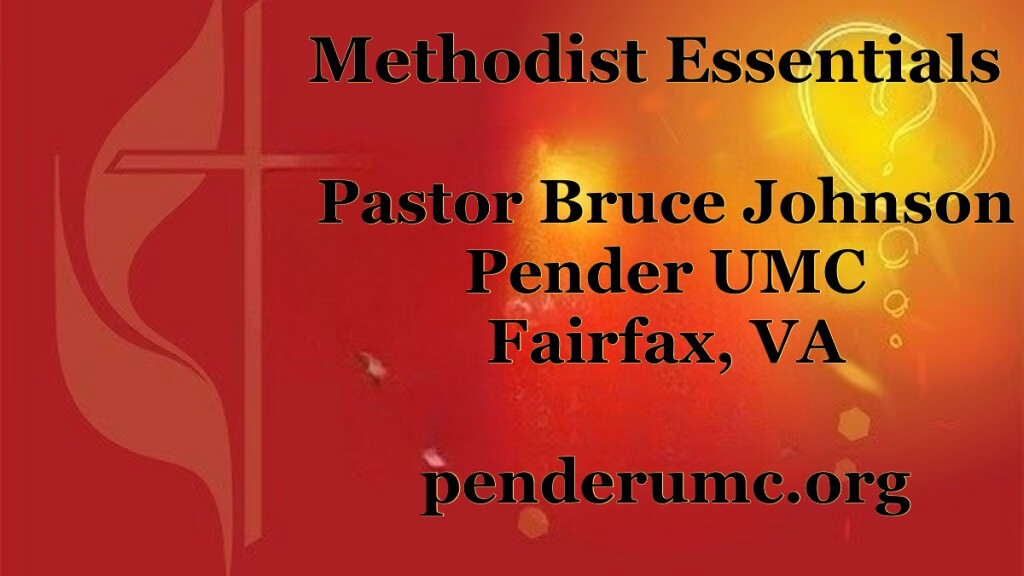Passage: Mark 9:2-9
On Transfiguration Sunday, February 11, 2024, Pastor Bruce Johnson delivered a poignant message at Pender's Contemporary Worship, reflecting on the historical significance of the Methodist movement and its relevance to today's believers. He began by acknowledging the origins of Methodism within the 18th-century Church of England as a renewal movement initiated by John and Charles Wesley. This movement was not born out of a desire to create a new denomination but as a response to the spiritual and societal needs of the time, aiming to rejuvenate a complacent church and spread the comprehensive gospel of Jesus Christ.
Pastor Johnson emphasized that remembering our Methodist forebears is not merely a historical exercise but a way to connect with a living heritage that continues to inspire and guide United Methodists today. He challenged the notion that being Methodist is just another flavor of mainstream Christianity, arguing that such a view diminishes the profound spiritual legacy and unique contributions of Methodism to the Christian faith.
Highlighting the distinct gifts of the Methodist tradition, Pastor Johnson spoke of a vision of holiness, a message of grace, an evangelistic mission, and a method for making disciples characterized by disciplined fellowship and engagement with means of grace such as prayer, fasting, and service. He pointed out that these elements are not just historical artifacts but vital resources for contemporary Christians seeking to live out their faith authentically.
Drawing parallels between the skepticism faced by early Methodists and the challenges confronting the church today, Pastor Johnson urged the congregation to embrace their Methodist heritage as a source of strength and renewal. He underscored the importance of stewardship not only of material resources but of the gospel itself and the spiritual gifts entrusted to the Methodist community.
As the sermon coincided with Super Bowl Sunday, Pastor Johnson used contemporary analogies to illustrate the potential disconnect between the church's rich heritage and its current identity crisis. He advocated for a re-engagement with the foundational principles of Methodism as a means to revitalize the church's mission and witness in today's world.
In conclusion, Pastor Johnson called on the congregation to reflect on their role in continuing the work of renewal and evangelism, inspired by the Wesleyan heritage. He encouraged a recommitment to living out the values and practices that have historically defined Methodism, thereby contributing to the broader mission of the church in a troubled and disconnected world.
1 Peter 2:1-12 encourages believers to rid themselves of all malice, deceit, hypocrisy, envy, and slander. It likens them to newborn infants who crave spiritual milk to grow in their salvation, now that they have tasted the Lord's goodness. The passage metaphorically describes believers as living stones being built into a spiritual house to be a holy priesthood, offering spiritual sacrifices acceptable to God through Jesus Christ. It emphasizes that Jesus is the cornerstone, chosen by God but rejected by humans, and highlights the believers' identity as a chosen people, a royal priesthood, a holy nation, and God's special possession. This identity is given so that they may declare the praises of God, who called them out of darkness into His wonderful light. The passage concludes by urging the believers to live good lives among the pagans, so that, even though they may be accused of doing wrong, they will see the believers' good deeds and glorify God.
Mark 9:2-9 describes the Transfiguration of Jesus. Jesus takes Peter, James, and John to a high mountain, where He is transfigured before them, with His clothes becoming dazzling white. Moses and Elijah appear and talk with Jesus. Peter suggests building three shelters for Jesus, Moses, and Elijah, not knowing what to say because they are so frightened. A cloud then envelops them, and a voice from the cloud says, "This is my Son, whom I love. Listen to Him!" Suddenly, when they look around, they no longer see anyone with them except Jesus. As they come down the mountain, Jesus instructs them not to tell anyone what they have seen until the Son of Man has risen from the dead, leaving them questioning what "rising from the dead" meant.
The Pender Praise Band, led by the dynamic Patrick King, delivered an uplifting musical experience that stirred the souls of all in attendance. The setlist was a journey through themes of peace, transformation, and divine power, beginning with the serene invocation of peace in "Shalom to You." The energy then soared with William Murphy's "Let It Rise," a call for the glory of the Lord to fill the air, enveloping the congregation in a wave of worship.
Eddie Espinoza's heartfelt plea, "Change My Heart, O God" (The Faith We Sing #2152), offered a moment of introspection and desire for divine transformation, resonating deeply with everyone present. The band continued to lead the congregation on this spiritual voyage with "Graves into Gardens," a powerful anthem about the redemptive power of faith that turns our darkest moments into flourishing life.
The crescendo of the service was reached with "Mighty to Save," an inspiring reminder of the immense saving power and boundless love of God. This song served as a beacon of hope, affirming that no matter the trials, our faith in the Almighty can move mountains. Under Patrick King's direction, the Pender Praise Band didn't just perform songs; they facilitated a profound communal worship experience, leaving the congregation uplifted and renewed.


